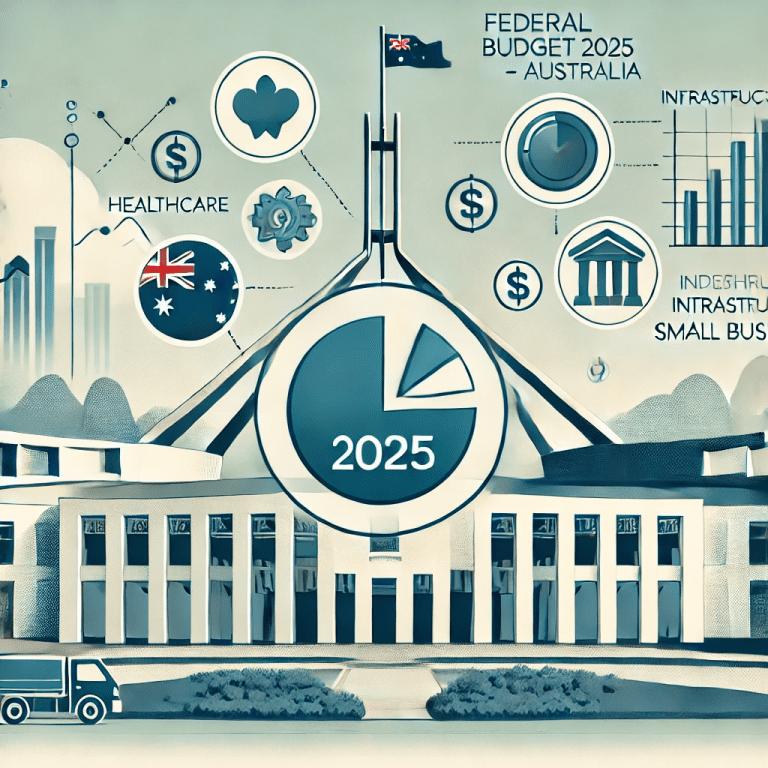
There are two things you rarely see together – diets and economics. Diets are needed but rarely work long term by themselves. Economics always seems to have the answers works, but never before the fact. Economics is that most wondrous of lifetime pursuits that lends itself to an unending search for rational explanations of social phenomena. One of these is the current Australian property market and its overblown reaction to the recent rate increases on home loans.
Bubble, bubble, toil and trouble
As this property bubble continues to expand alongside it expands a similar credit bubble. In fact the only people who don’t think this is a bubble are the banks themselves. Why should they? Both are inextricably wedded and, as plenty of foreign property crashes have proven, banks cannot be trusted to prudently regulate themselves. Thus a collapse in the property market is invariably accompanied by a crash of the banking sector.
Thankfully (from the banks’ point of view) the “too big/important to fail” rhetoric is embedded in politicians DNA and so their Banking benefactors will never have to worry about not being bailed out.
But this doesn’t mean that banks and more particularly APRA aren’t aware of the potential danger of a property bubble. Last year APRA issued a fiat that banks not grow their total loan book by more than 10% investor loans in a year. While many lenders opted to increase their rates for investors as a method of curtailing investor growth, some ignored the writing on the wall and continued as usual. They are now however paying a price for this with sudden, sharp increases and regular changes in lending policy, eroding customer and broker’s goodwill.
Range of lending
The response from some lenders to this inexorable growth in investment lending has been interesting from a product point of view. NAB adopted an interesting approach whereby any interest only loan was considered an investment loan and so attracted a higher rate of interest. The logic behind this is that the loan principle, while not being reduced, remains as a riskier “asset” on their balance sheet. It isn’t difficult to argue the prudence of this as an investor carries less risk than an owner occupier.
Liberty Finance have decreed that someone who owns more than three properties should be considered a “professional investor” and so loads their rate by up to 50bps for this. Despite this both aforementioned lenders have seen stellar growth over the last year. This has not been because investors don’t care; rather these banks stand apart as lenders who have successfully sought out market niches in which to compete. There are still plenty of products and strategies available for the savvy investor to reduce their costs
Are you paying $10,000 per year more?
Since this time last year rates on investment loans have climbed to nearly 100 bps more than they were. So, on the basis of a $1,000,000 loan this is an increase of $10,000 per year in just interest repayments. There are very few rent increases around the country that would offset that cost. In fact, I deal with many whose investment debt would make this look pitiful! A recent industry publication asked “Rates are on hold but has anyone told the banks?” Far be it from me to defend the banks’ honour, but introducing a hurdle for investors may be just the thing that is needed. This is the equivalent of a fat man being forced onto a diet for his own good. If banks lend money at relatively cheaper rates, it can only be expected that consumers will gobble up as much cash as they can. Given there is a fairly broad selection of lenders and products so that they even lock in a very good rate for up to 7 years, one can’t blame them for wanting more and more. All they have to do is talk to a good broker.
Australian property is a traditionally safe asset and once you’re on the ladder climbing up more rungs becomes easier and easier. With negative gearing now outliving Methuselah, the financial cost (and risk) of an investment property is mitigated the more wealthy you are. When you think about it, this is like free ice cream on a cruise ship. It’s hard to exercise self-control when the system is set up for you to indulge as much as you can and pay little heed to the consequences.
Using risk to become safer
As a broker I have found the last year fascinating and I have seen my own value to my clients greatly enhanced. Many families over the last year with investment properties have taken advantage of the growth in values, to shift any lending away from their family home and secure it against their investment properties. This way their personal risk is greatly reduced and there is a great sense of comfort in being able to establish bedrock of security which can’t be touched. This makes eminent sense. Similarly many Sydneysiders are eschewing home buying in the NSW bubble in preference for “rent-vesting”. This way they pay rent to live where they want but build up property wealth interstate with a view to selling later on and cashing in. Not a bad strategy either.
Thankfully Australia as a nation retains a sense of perspective and even within banks there has been a slow realisation that steady market growth is preferable to inexorable rises in asset prices. It’s ultimately a game of balance and so most lenders have actually made it more difficult to acquire multiple investment properties without the requisite income to justify it. When I worked inside the Big 4 banks, it wasn’t uncommon to meet people who had walked into the bank one morning with one property to their name and left later on having with approval to buy five or more houses with few warning labels and fewer prudential lending measures.
This is now thing of the past and we should be thankful for it. If we can’t control our own appetite we need to be smart enough to ask someone to do it for us. If this means we avoid a calamitous end to the current property obsession, we may end up being very thankful to APRA for what they have done and perhaps ask for a little bit more.
For further discussion on any theme in this article call Australian Mortgage Corporation on +61 7 5456 2928 or email [email protected].




